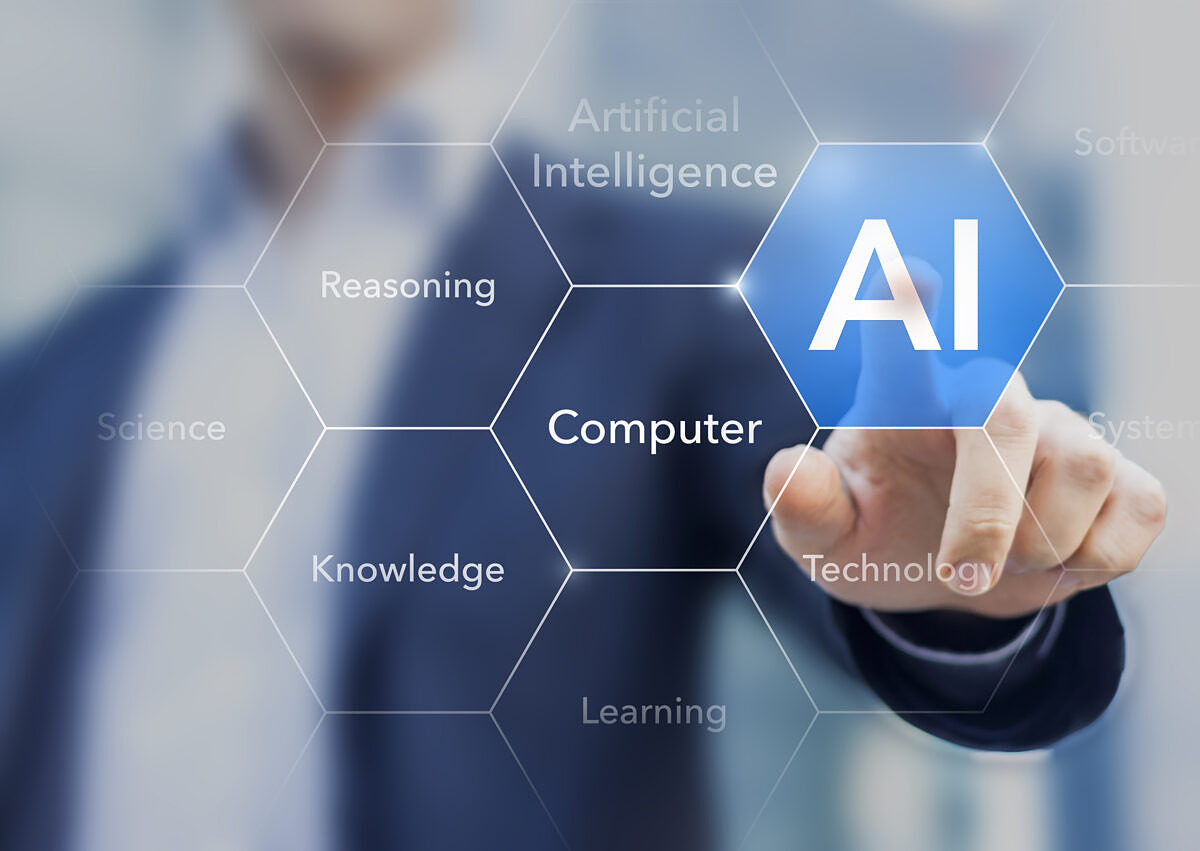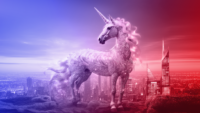Increased efficiency in digital marketing: AI instead of an agency?
They don't eat and never go to the toilet: how Hella and Cosabella have restructured their marketing. An interim report.

Hella is a leading automotive supplier. Its lighting systems and vehicle electronics are used all over the world. But hardly anyone knows that. This is because the company from Lippstadt in North Rhine-Westphalia, which generates annual sales of seven billion euros, is primarily known to automotive manufacturers. Hella is now selling on Amazon to hone its profile and boost sales with end customers. It advertises the products with Amazon Ads—most recently with the concentrated power of artificial intelligence.
Reaching the right target group and using the budget in the best possible way has been quite cumbersome so far. Selling rear-view mirrors and headlights requires a great deal of work, which is usually done by media agencies. Nevertheless, the advertising waste is quite high. “Ever since Hella started working with Amazon Ads, it has been difficult to find the most efficient strategy,” says Marcel Pirlich, founder and CEO of bid management service provider Adspert. The mathematical statistical software functions like autopilot for media planning. Using algorithms that are also used in stock exchange trading, Adspert analyzes data in real time and identifies the efficiency of advertisements, keywords and placements depending on market conditions and seasonalities.
More conversions through AI
Hella also had a sluggish season. August is usually a summer lull. This is the best time for experiments. In order to increase sales against the trend, Adspert has optimized every keyword for the right bid. Instead of managing every campaign and every single keyword manually, Adspert has achieved this with its bid management. Each keyword was optimized and matched with the appropriate bid. Fully automatically. And at full speed.
The result is impressive: the number of conversions increased by 153 per cent, turnover climbed by 119 per cent and costs fell to minus 13 per cent. The use of B2C marketing is becoming increasingly popular, especially among former B2B marketers. The model is referred to as “multi-stage sales”. A sales intermediary such as a wholesaler or an online shop is placed between the manufacturer and the end consumer. A detour that B2B companies increasingly want to save themselves.
Artificial intelligence is replacing agencies, but only briefly
But AI is also finding its way into marketing in the conventional end consumer business as well. Some are even replacing their agency entirely—like Cosabella. The Italian lingerie retailer replaced the agency that managed its digital budgets with AI called Albert in the summer of 2017 and announced that it would never work with people again. Albert is an artificial intelligence marketing platform that implements marketing campaigns for brands and agencies fully automatically.
Albert helped direct the campaign’s traffic to the website. Ascend, the AI-based optimization platform from technology provider Sentient, has taken care of creation and website design to increase newsletter subscriptions. The task of testing was previously performed by human employees. But AI can determine much faster and more accurately which combination of ideas leads to the best results. Shortly afterwards, Cosabella announced the result: ROI was tripled and the customer base increased by 30 percent.
All’s well that ends well? Not quite: Cosabella is now working with agencies again and Albert has been switched off. This is what CEO Guido Campello explained to DMEXCO. After a while, the sales curve also dropped under the command of the AI. “Albert really helped us discover and tap into new markets, but once this was done, AI was not able to put more data together and draw conclusions from it.” Moreover, without providing precise figures, Campello says that the costs were simply too high. His conclusion: “AI failed to seize certain opportunities, such as addressing other new target groups.”
Cooperation with agencies is becoming increasingly short-term
Even in the near future, the Cosabella boss does not expect machines to take over the marketing work completely. AI can be added now and then to open up new markets in another country, for example, but ultimately human supervision with a view of the big picture is required. He now works with agencies differently than before and contracts are now limited to three months. In this way, Campello wants to ensure that the agency continues to “actively develop” with the company, as he says.
However, he does not want to live without marketing intelligence and its optimization skills in the future either. He uses different tools to manage campaigns on Facebook or Google. After all, AI tools have one big advantage: they never have to sleep and never go to the toilet. The robot continues working while the colleagues are enjoying their lunch. Its work can be precisely reviewed in retrospect. “In the change log, companies can also track exactly which steps AI has taken to optimize the campaign,” says Marcel Pirlich of Adspert. “Agencies usually can’t provide this level of transparency.”
And AI is capable of something else as well. It clears away what Pirlich calls “fuzziness”. Like when a campaign doesn’t perform well. What was previously decided by a gut feeling is now measured based on accurate data by today’s intelligent marketing machine. For Pirlich, the advantage of AI is obvious: “Companies can bring digital marketing activities back closer by building in-house teams and thus creating transparency.”
The bottom line:
No question about it, agencies no longer have to plan and place ads. Machines can do this faster, more efficiently and more transparently. However, they can never act detached from people, who define goals and place them in a strategic overall context. After all, gut feeling remains an important aspect of marketing and this should not be interpreted as arbitrariness, but as the essence of experience. By combining the competence of human gut feeling with the tireless optimization work of AI, marketing can reach new heights. The division of labor then looks like this: humans create, AI executes.





